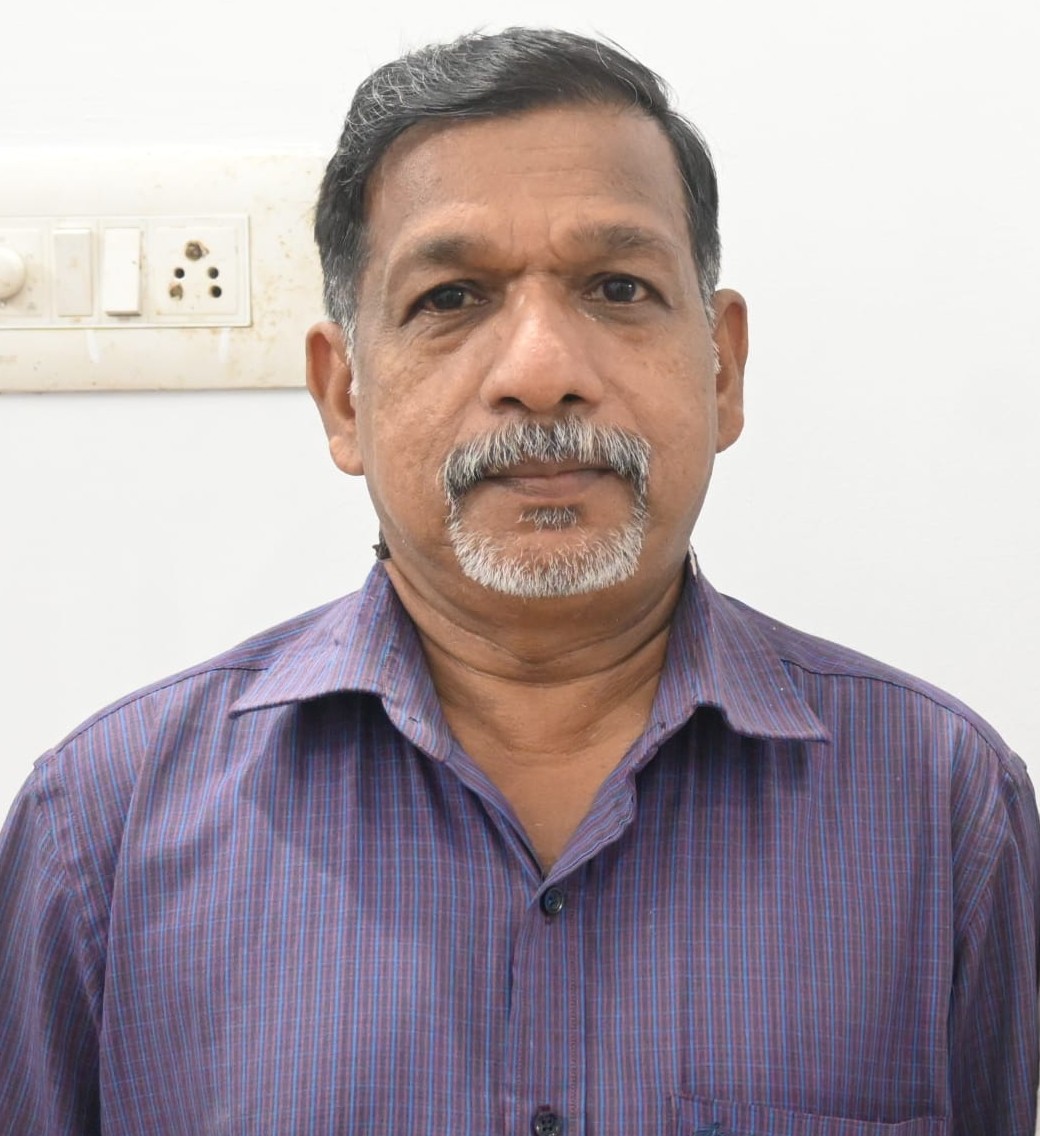
TIES have ten academic and research divisions that work closely for environmental protection and management. These divisions are headed by experts in that particular field, and wide varieties of projects are undertaken every year.

The division conducts extensive research and extension activities on DNA marker studies, bar coding services, genetic profiling, waste management, and microbial biotechnology. It also provides services for molecular taxonomy, waste management using microbial consortium etc. This division has also developed products such as Home composting unit.

The division conducts research and extension projects in conservation and management of natural resources. Some sustainable development programmes conducted include lifestyle problems, natural farming experiments, scientific validation and popularisation of traditional techniques and products (Traditional knowledge and folk knowledge) etc

Conducting several research programmes related to natural resource management and conservation; innovative nature education and capacity building programmes.

Engage in tree planting initiatives to restore habitats and combat deforestation. Support local botanical gardens and nurseries promoting native plant species. Educate communities about the importance of preserving plant diversity for ecological balance.

The division conduct studies using RS & GIS and the research area include watershed studies, management plan for various areas, biodiversity estimation studies, etc.

This division conducts research and promotion of alternate energy resources including bio energy, solar energy, wind energy, and development of new energy efficient equipments. Along with those, some efficient waste management programmes are also conducted.

This division conducts research and extension programmes on tropical diseases especially on their ecology and epidemiology. Promotional activities on healthy life style practices are also conducted.

International education, research and extension is a credit sharing academic programme for foreign students- UG, PG and research students (Currently 5 universities from USA); that offers two streams of academic programmes: Tropical Biodiversity Field School (TBFS) and India Cultural Study Programme (ICSP). Students will be exposed to various natural locations, academic and research establishments in India (mostly Kerala).

This division deals with periodic taxonomic surveys for various faunal groups in forested and non-forested areas. Biodiversity estimations and training sessions on biodiversity are major programmes.

The Environmental History and Anthropocene Studies (EHAS) Division aims at exploring the intricate relationships between human societies and the environment throughout history, with a focus on the nature and ideologies of the Anthropocene epoch. We are a highly focused interdisciplinary team working towards transdisciplinary engagements in the study of environmental issues through groundbreaking research, educational programs and environmental history projects.

The Environmental Engineering Division plays a crucial role in managing the design and technical aspects of diverse civil projects. These include creating thematic gardens, implementing waste management systems, developing sanitation facilities, and designing greywater treatment solutions. Its primary goal is to advance environmentally-friendly principles within engineering and technology. This involves promoting sustainable practices like reducing natural resource consumption, advocating for reuse and recycling programs, and adopting climate and land-conscious methodologies.
